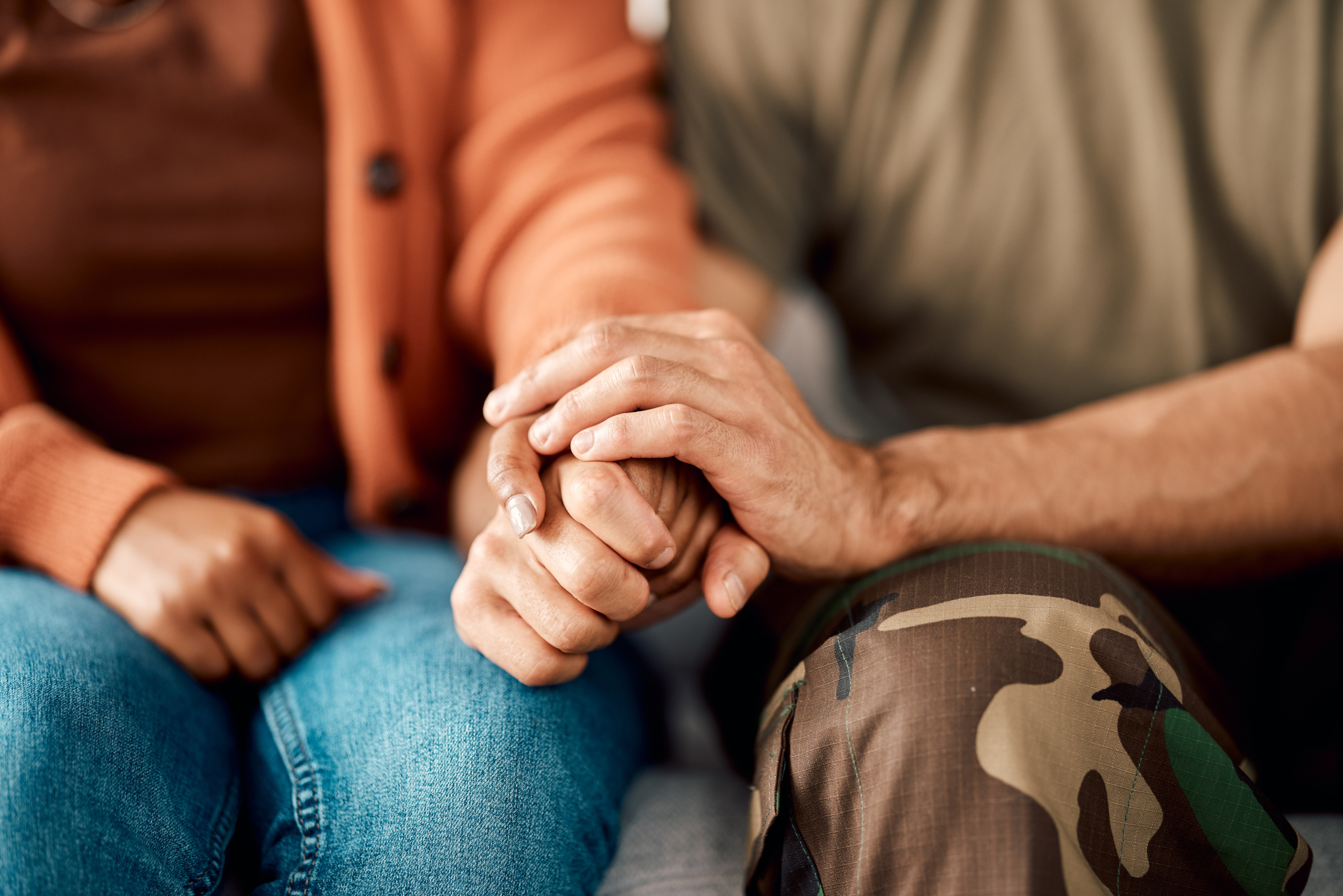There are events and moments in everyone’s life that creates stress to different extents. Tight deadlines at work, juggling multiple classes at school, or taking care of children can all cause stress in the mind. However, there’s another type of stress that looks very different from these day-to-day troubles. When we’re exposed to an extremely stressful, disturbing event, it can sometimes be too much to cope with, resulting in a condition known as post-traumatic stress disorder, or PTSD.
According to recent studies at the National Center for PTSD, it’s estimated that 10% of all women and 4% of all men will experience symptoms of PTSD at some point in their lives. While we thankfully understand this condition much better now than at any other point, there’s still a way to go.
In this guide, we’ll explain the basics of this condition aka PTSD 101, including signs and symptoms. We’ll also discuss the reason for seeking professional help when it comes to managing and overcoming PTSD for a happier future.
What is PTSD?
As we mentioned, PTSD is an extreme mental stress response to trauma. Because the things we consider traumatic are so different from person to person, the specifics of PTSD can look very different as well. This means it’s important to understand PTSD at a higher level in order to recognize it and seek help.
Not every traumatic incident will result in PTSD. In fact, it’s estimated that only 1 in 3 people exposed to major trauma will go on to develop PTSD. While it’s not totally clear why some people develop it and others don’t (even while exposed to the same things), it’s believed that your childhood experience plays a big role. If you had to endure childhood trauma or repeated traumas throughout your life you might be more affected by other trauma in the future. [MORE INFO]
Other common causes of PTSD include:
- Trauma that resulted in you being injured
- Serious accidents
- Physical assault
- Sexual assault
- Childhood or domestic abuse
- Exposure to traumatic events at work
- Major health issues, especially if you were admitted to hospital
- Death of a loved one
- Exposure to war, conflict, torture, and other forms of violence
- Childbirth trauma, such as losing a child
What are the Signs of PTSD?
PTSD can manifest itself very differently from person to person. However, there are a few signs and symptoms that often point towards PTSD as a root issue. These include:
- Re-Experiencing – A very common symptom type is re-experiencing the traumatic event. This symptom is usually triggered by something (either in the world or even simply a feeling), which can prompt a flashback to the traumatic event. This often includes many secondary symptoms, such as sweating, heart palpitations, shortness of breath, nightmares, and frightening thoughts.
- Reactivity and Arousal – These symptoms aren’t triggered by specific reminders like re-experiencing is; rather it affects the person’s life on a daily basis. The signs may present themselves as anger and irritability, a tendency to lash out, feelings of tension, difficulty sleeping, and being easy to frighten or startle.
- Mood and Cognition – Trauma can have a profound effect on physical and mental health. People with PTSD often struggle with mood and memory—they may forget parts of the traumatic event, lose interest in things they once enjoyed, feel pervasive guilt, have a negative, even cynical view of the world and themselves, or feel detached from society and other people.
- Avoidance – The feelings of PTSD are often painful and frightening, leading many to avoid them whenever possible, even if it affects their life. Many with PTSD avoid thoughts, feelings, people, places, and even objects that might remind them of their trauma.
Recognizing PTSD in Yourself and Others
Because the symptoms of PTSD vary so much, it’s not always simple to recognize them for what they are. It’s even more difficult because these symptoms can morph and change over time. With that said, it’s a good idea to look for signs of the main symptom groups listed above if they seem familiar to you. If you begin to notice them and that they’re getting in the way of you or a loved one’s daily life, it might be time to work with a professional.
It’s also a good idea to pay special attention to those who have undergone trauma of any kind. While military service members are the top group that’s treated for PTSD, it’s arguably even more common for women to experience it, especially if they have survived abuse or assault. If you or someone you know has experienced something that has caused extreme fear, stress, or pain, it could be a starting point for PTSD.
With all that said, it’s important to remember that PTSD is difficult to identify on your own. It shares symptoms with many other mental health challenges, and might not be immediately obvious. That’s why it’s so important to sit down for a mental health assessment with a qualified therapist—they can help you figure out the root causes of the way you’re feeling, and give you the confidence and tools needed to begin managing them.
How to Get Help with PTSD
Too often, people with PTSD don’t reach out and get the support they need. This can be for all kinds of reasons, whether it’s mistrust in others, the stigma of mental illness, or the belief that things simply cannot get better. Fortunately, we’re here to say that things can improve—it just takes time, effort, and consistency to achieve.
PTSD is a complex condition to treat. However, with a customized approach and knowledgeable professionals, recovery is more than possible. At Hopewoods, we have decades of combined experience in supporting people through post-traumatic stress disorder. We use multiple methods to do this, including eye-movement desensitization reprocessing (EMDR) therapy, cognitive behavioural therapy (CBT), and more generalized emotional therapy to help you better navigate the symptoms and your life.
Hopewoods is proud to offer support to our Ontario communities who are dealing with PTSD. However, even if you live elsewhere in Canada, in a community where care for PTSD is harder to access, you can even book a virtual appointment with one of our counsellors to get the support you need.
PTSD can make life difficult, but you don’t need to go through it alone. Get in touch with Hopewoods today to take your first step towards your path to recovery.









 通过
通过